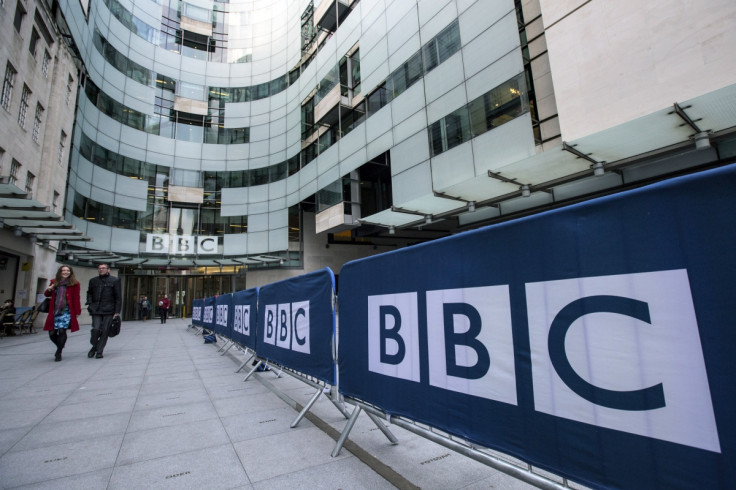BBC could end pensioners' free TV licences as Tories fight proposed reforms to broadcaster

Thousands of pensioners over 75-years-old could lose their free TV licence if a member of their household is in work. The cut, which could affect up to 600,000 households around the country, is being considered by BBC Director General Lord Hall and could come into force from 2020, when the organisation assumes responsibility for funding free licences.
Axing the perk worth £145.50 ($210) a year would save the broadcaster around £100m ($144.3m), but Age UK has warned that the BBC "needs to understand how significant it [television] is to older people" before initiating the cut. According to the charity's latest factsheet, "nearly half of older people (49% of 65+) say that television or pets are their main form of company".
Caroline Abrahams, charity director at Age UK slammed the government's transfer of responsibility for the benefit to the BBC and the broadcaster for accepting it. Abrahams said: "Any such proposal would be a form of rationing of what has been until now a national entitlement for all over-75s."
Over 75s can currently apply for a free TV licence, which also covers anybody living with them. Around 4.55m households receive the benefit and that figure is projected to rise to 5.06m in the next four years.
According to The Sunday Times, a BBC spokesman said: "We have commissioned Frontier Economics to look at the policy [of free licences for over-75s], but they have yet to reach any conclusions on this work."
Meanwhile, Culture Secretary John Whittingdale faces a fight on his hands ahead of plans to publish a set of recommendations to reform the BBC on 12 May. At least 20 Tories in both houses are prepared to oppose the plans which they view as an infringement on the BBC's editorial independence, according to The Observer.
Former Conservative chairman Lord Fowler will launch a draft bill taking on key aspects of the Conservative government's proposals for reforming the BBC. In a stinging attack on the leadership, Fowler said: "Governments of all persuasions have tried to interfere with the BBC and political antagonism towards it is certainly not confined to one party. That suggests to me that the BBC's global reputation for balance and impartiality is not only justified but also deserves to be protected."
He added: "Under the current rules for the royal charter and charter renewal, decisions rest entirely with the government. There is no parliamentary scrutiny, no vote in parliament and no appeal. It is utterly undemocratic, it makes a nonsense of parliamentary sovereignty, it hands all power to ministers, and it is no way to treat an organisation as precious to our country as the BBC."
© Copyright IBTimes 2025. All rights reserved.






















